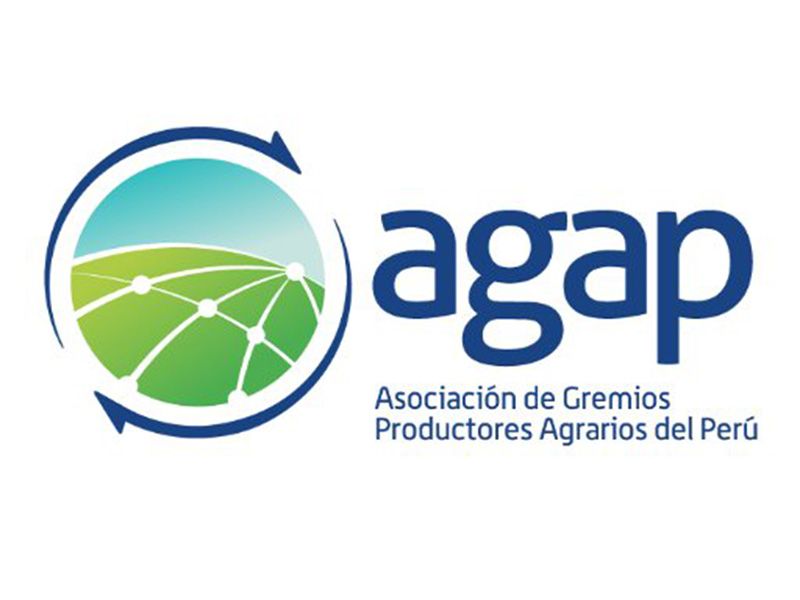AGAP - Association of Agricultural Producers Guild of Peru

AGAP - Association of Agricultural Producers Guild of Peru
07 de Diciembre 2020
Since last Monday, November 30th, the valleys of Ica and Chao experienced the interruption of its operations due to road blockages. As a consequence, harvest and packing of table grapes, blueberries and asparagus were delayed for a few days and are now expected to return to projected levels of export. The main claim in the unrest has been the use by some companies of third-party worker contractors acting as intermediaries. The demand has been that these operators – which are not supervised by the government labour inspection bureau -, have not provided all the benefits that the law establishes. New social demands have also been included, such as pay increases and the abolishment of the law that promotes Peruvian agriculture. As a consequence of these claims, Congress voted that a redraft of the Agricultural Promotion Law should be presented in two weeks. AGAP has publicly condemned non-compliance of labour laws, exhorted the government to maintain the rule of law, and requested government´s labour inspection institutions to increase its scope of control. AGAP has also made itself available to government for helping create a new legal framework that should not only improve working conditions and formalization in the industry, but greatly increase the scope of inclusiveness and progress in small farmlands and peasant life. The agri industrial companies which are part of the modern agriculture, represented by AGAP, employ more than 300,000 workers, and have helped to drastically reduce Peru´s poverty rate, while providing jobs with access to health and pension benefits, and a safe environment at work. AGAP has emphasized that the problem is not being caused by the companies that are acting under the law but by informal ones acting outside of it, and were government institutions have failed to supervise and sanction. The group of companies incorporated in AGAP have also enhanced the fact that export companies need to comply with international certifications audited by Global Gap, Grasp, SMETA and/or Rainforest Alliance among others, which enforce meeting social and ethical standards as a requirement for accessing the most competitive markets in the world. According to the National Statistics Office, in 2019 the rate of formal employment in agriculture was 98% in companies with more than 100 employees, compared to just 1% for the rest of the sector, an astonishing difference. Most of the companies that are involved in agri export are modern operations with large personnel, that had paused operations to safeguard its workforce.
Volver a Notas de Prensa